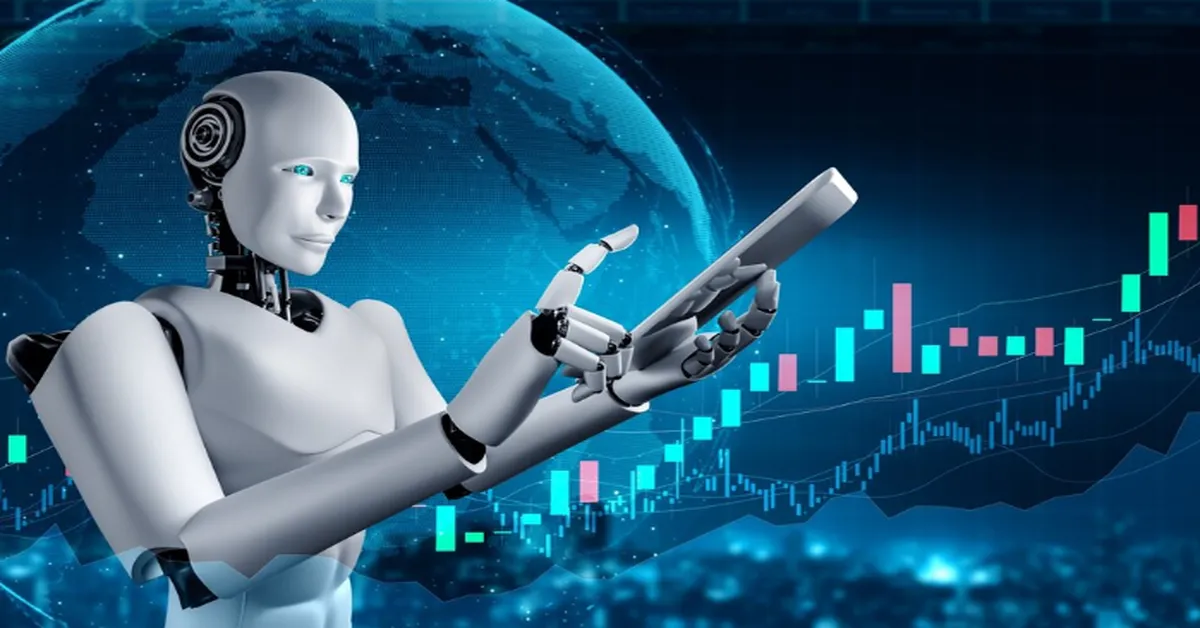Outbound sales has always been about two things: timing and messaging. With AI rapidly reshaping the sales tech market, we are beginning to see a major shift in how businesses approach cold outreach. From automated lead generation to hyper-personalized messaging, the transformation is already underway.
In this article, we will explore the future trends in AI outbound sales that are likely to define the next five years. These developments are not just shaping sales operations but also changing the skill sets and mindsets required to succeed.
Predictive AI Will Lead Outreach Strategy
The earliest use cases for AI in outbound sales were largely focused on automation. But the future is about prediction and intent detection. Sales platforms are evolving from doing repetitive tasks to anticipating who will convert and when.
What to expect in this space:
- AI will analyze past buyer behavior to predict which prospects are most likely to engage
- Outreach will be triggered by contextual signals like job changes or new funding rounds
- Scoring models will not just rank leads by fit but also by timing and readiness
Tools that can identify buyer intent will be at the forefront of outbound success. These platforms will combine CRM data with third-party signals to build more targeted and responsive campaigns.
As noted in a recent McKinsey report on AI in sales, predictive analytics is becoming a key differentiator in high-performing sales teams.
This is where the future trends in AI outbound sales point to a major competitive edge. Companies that adopt prediction-based prospecting will see shorter sales cycles and better conversion ratios.
The Rise of Multichannel Personalization
AI-driven personalization is evolving beyond first names and job titles. In the coming years, outbound campaigns will become more fluid across channels and formats.
What personalization will look like:
- Message variations based on platform behavior such as LinkedIn vs email responses
- Content formats tailored to the recipient’s engagement style such as video vs text
- Campaigns that adapt in real time depending on the prospect’s responses
This kind of dynamic personalization requires AI systems that can interpret subtle engagement cues and switch strategies without manual intervention.
It also means that sales teams will need to become fluent across channels, ensuring consistency without losing personal touch. Startups that can master this kind of coordinated messaging will likely outperform those stuck in a single-channel loop.
AI Will Become a Sales Coach, Not Just a Tool
Today’s AI tools execute tasks. Tomorrow’s AI will help salespeople become better at their jobs. We are beginning to see platforms that offer feedback, script suggestions, and post-call analysis in real time.
How AI coaching will take shape:
- Recommending best times to follow up
- Scoring calls and emails for tone, clarity, and persuasive language
- Detecting objections and suggesting counterpoints live during conversations
This shift transforms AI from a tool to a team member. Founders and sales leads will increasingly rely on AI to review performance and identify improvement areas. It will be like having a dedicated sales manager, but without the overhead.
Ethics and Transparency Will Shape Adoption
As AI plays a bigger role in outbound sales, there will be growing concern around ethical use. Transparency in how AI selects and engages prospects will become essential, especially with regulations catching up.
Important focus areas:
- Avoiding over-personalization that feels intrusive
- Ensuring data privacy and compliance with GDPR and similar laws
- Making it clear to users when they are interacting with an AI agent
Platforms that build trust into their outbound flows will stand out. Businesses cannot afford to lose credibility due to automated outreach that feels disingenuous or invasive.
Final Thoughts
AI is not replacing human salespeople. It is augmenting them. The next five years will see a sharper divide between companies that embrace intelligent outbound strategies and those that rely on outdated manual tactics.
The future trends in AI outbound sales suggest a more agile, predictive, and human-centric future. Personalization will go deeper, automation will become smarter, and AI will act as both executor and advisor.
For founder-led teams and early-stage startups, this evolution offers a massive opportunity. With lean teams and limited bandwidth, adopting AI tools like JoinValley or similar platforms can mean scaling faster without hiring large sales teams.
Outbound is no longer about volume. It is about timing, relevance, and knowing what the prospect needs before they say it. And AI is the only tool equipped to make that possible at scale.

